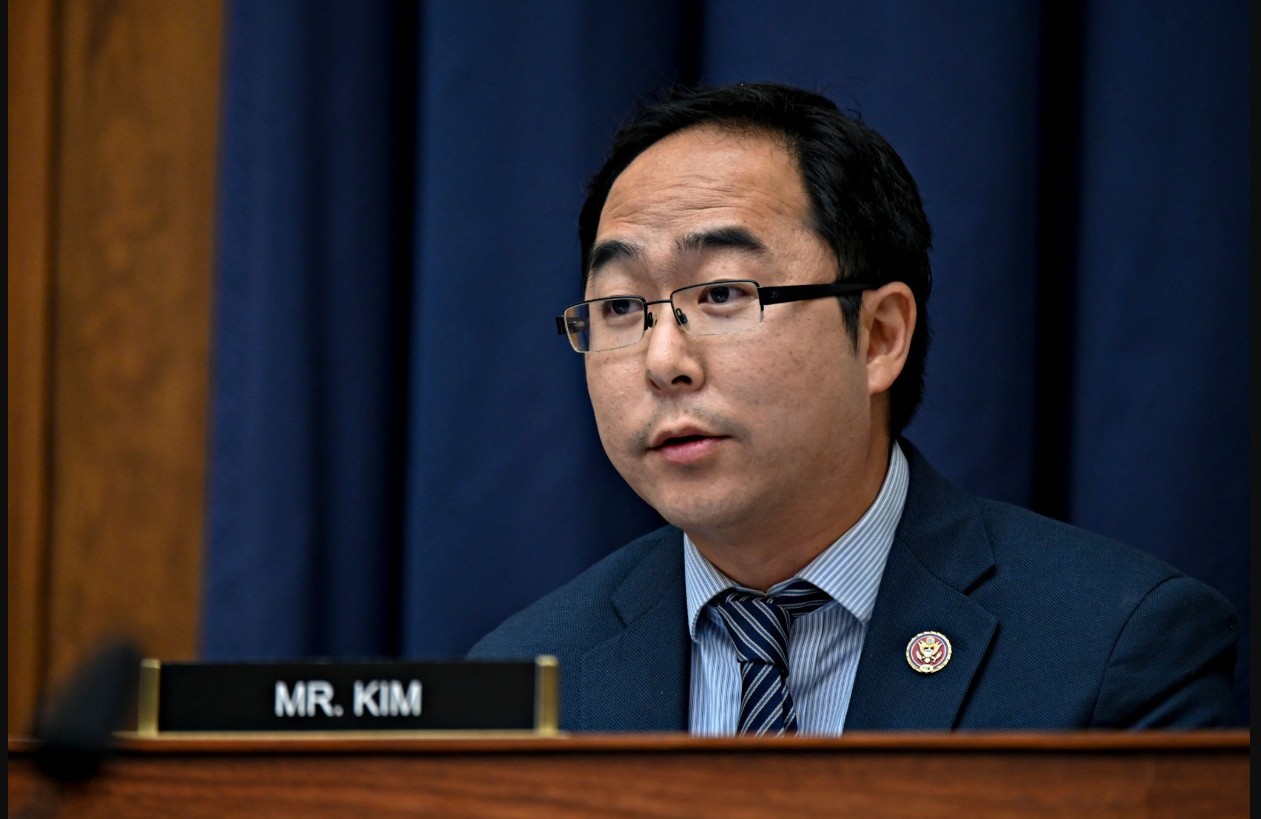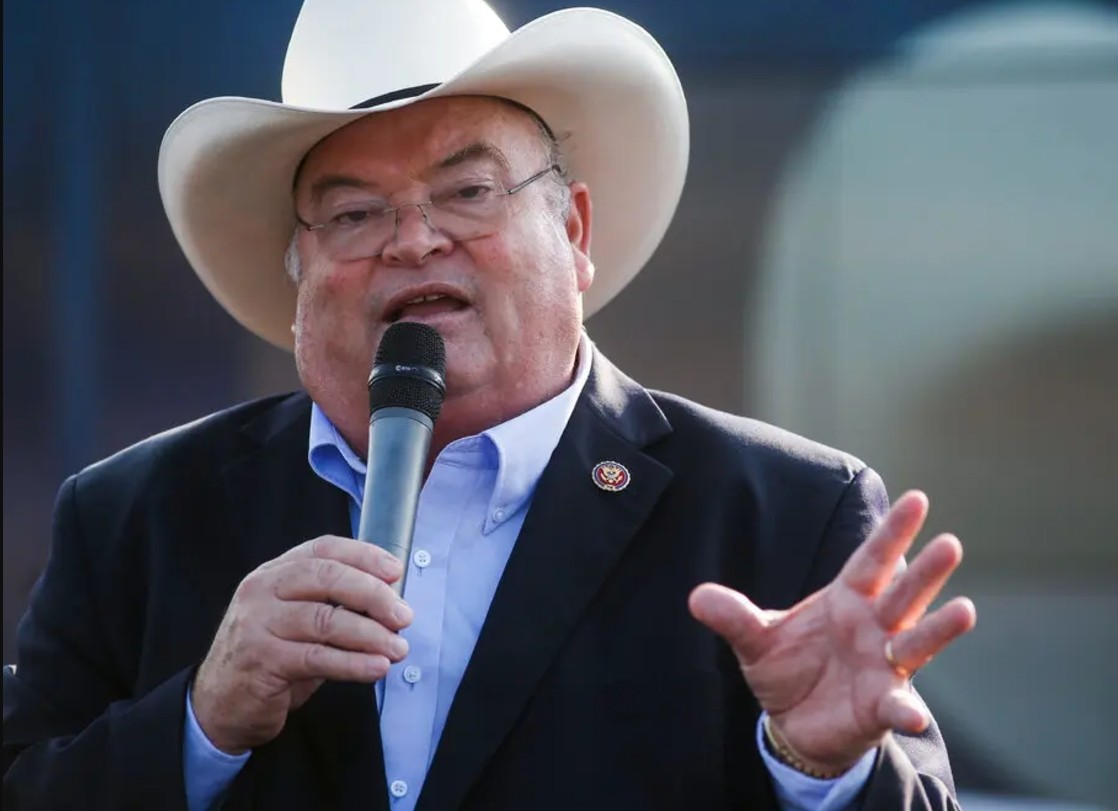Vernon Jordan: Biography, Career, Paths to Civil Rights leader and Former Clinton Adviser
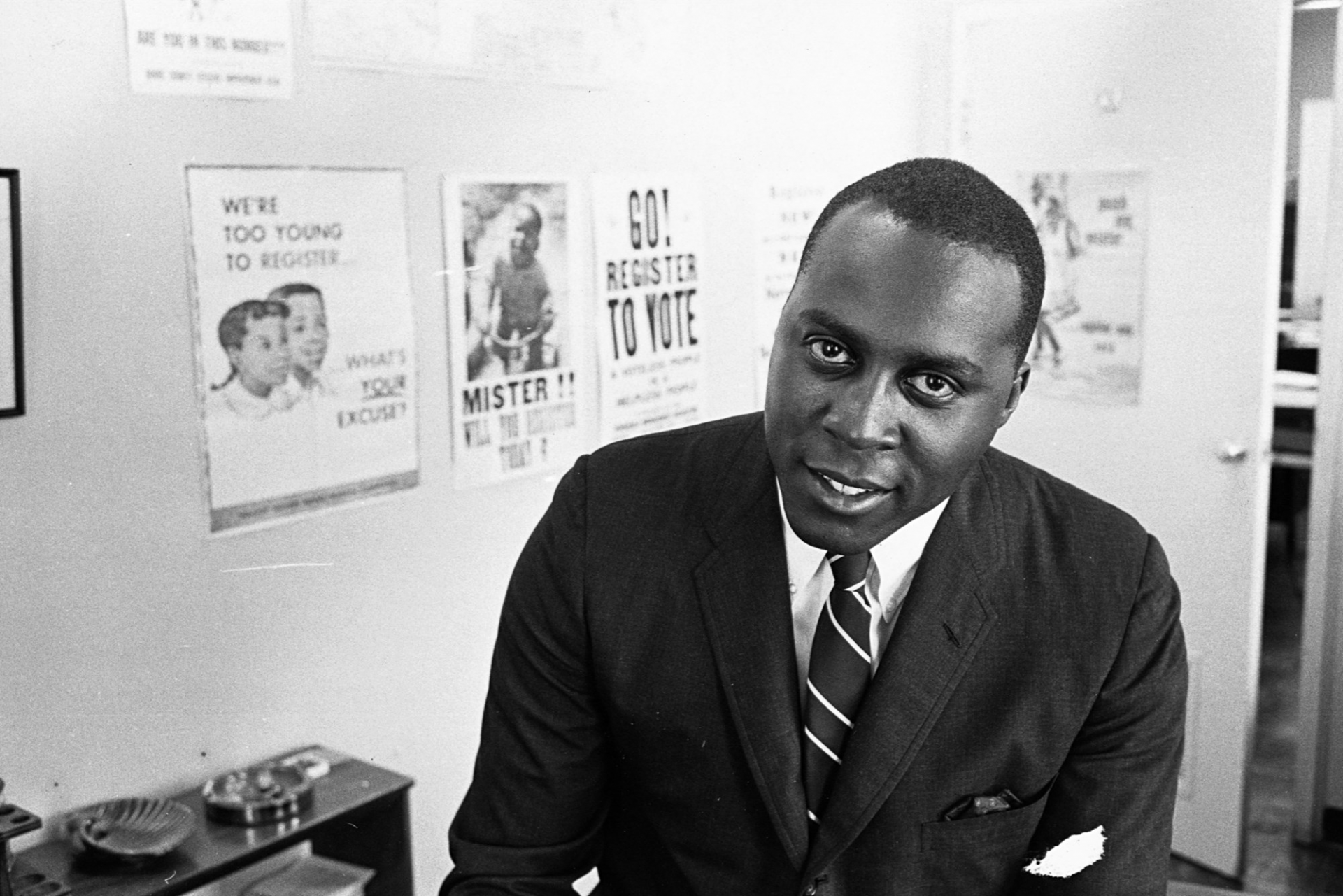 |
| Vernon Jordan during his time as president of the National Urban League, an American civil rights group, in an undated photograph.Corbis via Getty Images file |
Biography
Jordan grew up in Georgia and studied political science at DePauw University (B.A., 1957), where he distinguished himself as a compelling public speaker. After studying law at Howard University (J.D., 1960), Jordan joined the effort to desegregate colleges and universities and helped lead Black student Charlayne Hunter through a group of whites protesting the University of Georgia’s integration policy in 1961. He was named field secretary for the National Association for the Advancement of Colored People (NAACP) in Georgia (1961–63) and then became director of the Southern Regional Council for the Voter Education Project (1964–68). By 1966 Jordan’s political influence was evident through his participation in Pres. Lyndon B. Johnson’s civil rights conference. As director of the United Negro College Fund in 1970, he raised $10 million in contributions that benefited African American institutions.
While serving as president of the National Urban League (1972–81), Jordan joined corporate boards such as American Express and Dow Jones, thereby using business connections to press the case for minority hiring and advancement. He survived a white supremacist’s assassination attempt in 1980 but was wounded by gunshot. In 1981 Jordan moved into private law practice, joining the Washington, D.C., office of a Texas law firm in 1982 and quietly exerting his influence in corporate and political affairs for an increasingly elite clientele. After advising Bill Clinton’s 1992 presidential campaign, he helped guide the new president’s transition into office but never took any political appointment, preferring instead to remain behind the scenes as one of Clinton’s closest friends and a powerful political force in and beyond the nation’s capital. He published an autobiography, Vernon Can Read! (written with Annette Gordon-Reed), in 2001.
Career, Civil rights leader and Former Cliton adviser
Jordan’s close friendship with Clinton as his adviser
Mr. Jordan began his civil rights career after graduating from Howard University School of Law in 1960. He was in his 30s when he was selected to head the National Urban League, an embodiment of the Black establishment, and held that post when he survived an assassination attempt in 1980.
While leading the organization, he began to provide advice to leading political figures and socialize with them, often inviting them to join him on Martha’s Vineyard, where he had a summer home and was a longtime member of the seasonal community of the wealthy and powerful who frequent the island.
As his network of connections grew, he moved away from the league to become a highly paid lawyer-lobbyist at Akin Gump, one of Washington’s most politically engaged law firms.
His closest relationship was with Bill Clinton, whom he had befriended years before Mr. Clinton was elected president in 1992. Mr. Jordan was named co-chairman of the Clinton transition effort and became a confidant and golfing buddy of the president's.
He turned down Mr. Clinton’s offer to be attorney general, but he remained in the president’s orbit, recruited to handle sensitive issues for the White House, in one case sounding out Gen. Colin L. Powell about joining the administration as secretary of state. (General Powell chose to continue as chairman of the Joint Chiefs of Staff, having taken the post under Mr. Clinton’s predecessor, George H.W. Bush.)
But Mr. Clinton’s reliance on him also entangled Mr. Jordan in the scandal arising from the president’s sexual affair with Monica S. Lewinsky, a White House intern, that led to Mr. Clinton’s impeachment. At the president’s behest, he tried to find Ms. Lewinsky a job in Manhattan and was investigated by the special prosecutor in the matter for possibly assisting Mr. Clinton in covering up the affair. Mr. Jordan testified five times before the grand jury and before the House impeachment committee, but no action was taken against him.
Surviving the scandal, Mr. Jordan went on to serve on more than a dozen corporate and nonprofit boards. And he used his decades of amassed influence to groom the next generation of Black executives, becoming instrumental in the diversification of America’s corporate leadership over the last 20 years.
“I would see these guys get their friends’ children jobs,” he told The Financial Times in 2018, “so I learned the process and I got my people jobs.”
Paths to become a civil rights icon
After graduating from law school in 1960, he became a law clerk to Donald Lee Hollowell, a prominent Black lawyer who had a busy one-man civil rights practice in Atlanta. Mr. Jordan worked closely on the case that desegregated the University of Georgia and grew close to Charlayne Hunter (later the journalist and author Charlayne Hunter-Gault), one of two young Black plaintiffs who gained admission after winning in court. On her first day of classes, Mr. Jordan was photographed escorting her onto the campus surrounded by a hostile crowd.
After the Georgia case, he served as Georgia field director of the N.A.A.C.P. The job required him to travel throughout the Southeast to oversee civil rights cases both large and small. He said he had tried to model himself after his friend Medgar Evers, the admired director of the Mississippi office, who was later assassinated.
In short order Mr. Jordan became director of the Voter Education Project of the Southern Regional Council and was named executive director of the United Negro College Fund in 1970. A year later his friend Whitney Young, the head of the National Urban League, drowned on a trip to Lagos, Nigeria, and Mr. Jordan was recruited to fill the unexpected vacancy.
The organization brought Mr. Jordan to New York and exposed him to a wider world. The Urban League drew on a wide range of prominent citizens, both white and Black, and was closely associated with corporate America. During his tenure the group began issuing a widely read annual report titled “The State of Black America.”
As the organization’s national leader, Mr. Jordan traveled to Fort Wayne, Ind., in May 1980 to meet with the local Urban League leadership. At one point he was in the company of a white board member, Martha Coleman, when a group of white teenagers passed them in a car and taunted them. Later, as Ms. Coleman was letting him off at his hotel, he was shot in the back by a white man with a hunting rifle. Mr. Jordan nearly died on the operating table, underwent six surgeries and remained hospitalized for 89 days.
Joseph Paul Franklin, an avowed racist, was charged with the crime but acquitted at trial, though he would go on to boast of having been the gunman. He was later convicted of other crimes, including fatally shooting two Black joggers who were running with white women, and executed in Missouri in 2013.
Working with leading corporate figures on the National Urban League board fueled in Mr. Jordan an ambition to serve on corporate boards himself and break their color barriers, he said. He began pivoting away from active leadership of the group to take on the role of lawyer and counselor for banks and corporations. In the following years he joined the boards of the Celanese Corporation, Bankers Trust, American Express and Xerox, among other businesses, forging a network of connections that would serve him well for years to come as his influence grew.
Mr. Jordan’s perch in the capital was at the Texas and Washington-based law firm Akin, Gump, Strauss, Hauer & Feld; he had been recruited in 1982 by Robert Strauss, a former chairman of the Democratic National Committee and capital power broker in his own right. In 1999 Mr. Jordan joined the Wall Street investment firm Lazard while remaining associated with Akin, Gump.
Last year Mr. Jordan was the subject of an hourlong PBS documentary, “Vernon Jordan: Make It Plain.”
His first wife, Shirley (Yarbrough) Jordan, whom he had met when they were students at Howard University, died of multiple sclerosis in December 1985 at 48. He married Ann Dibble Cook in November 1986.
In addition to his daughter, Vickee, he is survived by his wife, two grandsons and three stepchildren.
Mr. Jordan also leaves behind a long list of younger Black leaders whose careers he fostered and who describe him as a sort of father figure, among them Mr. Walker, Mr. Chenault and Ursula Burns, the former chief executive of Xerox and the first Black woman to lead a Fortune 500 company.
Mr. Jordan would go beyond dispensing advice or giving pep talks, Ms. Burns said on Tuesday. He took her to parties in Georgetown and introduced her to people like the Clintons and President Barack Obama, and later used his influence to get her a seat on corporate boards.
“Vernon made a point of bringing me into these circles,” she said. “I thought I was so special, and then I found out there were so many people he did that for.”
| Vernon Jordan dies at 85 Vernon Jordan, a civil rights leader and close adviser to former President Bill Clinton, died Monday evening. He was 85. A cause of death was not immediately released. Jordan died peacefully at his home surrounded by his wife and family, Jordan's niece Ann Walker confirmed to CNN. According to Walker, Jordan had his favorite dinner and dessert -- chocolate chip ice cream -- before he went to bed. "It was just the way he would have wanted it," Walker told CNN. The former president of the National Urban League rose to prominence as a civil rights activist with close connections in all corners of American politics, though he was closest with Democrats, including presidents from Lyndon Johnson to Barack Obama. He also worked with Republican Presidents Ronald Reagan, George H.W. Bush and George W. Bush. In a statement provided to CNN on Tuesday by Clinton's office, the 42nd President remembered his late friend as someone who "brought his big brain and strong heart to everything and everybody he touched" and "who made them better." "He was never too busy to give good advice and encouragement to young people. And he never gave up on his friends or his country," Clinton said. "He was a wonderful friend to Hillary, Chelsea, and me, in good times and bad. We worked and played, laughed and cried, won and lost together. We loved him very much and always will." |
**More about famous people's biography, life, career... CLICK HERE!
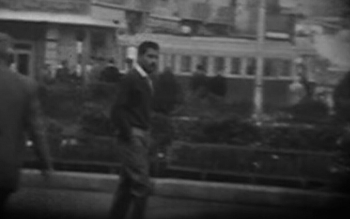 FACTS about 'Is Eli Cohen still alive' with RT's 'short video' and Israeli Spy Biography FACTS about 'Is Eli Cohen still alive' with RT's 'short video' and Israeli Spy Biography Who is Eli Cohen and FACTS about a short video featuring Israeli Spy walking in Damascus, Syria. Latest News concerning Eli Cohen, who was hanged ... |
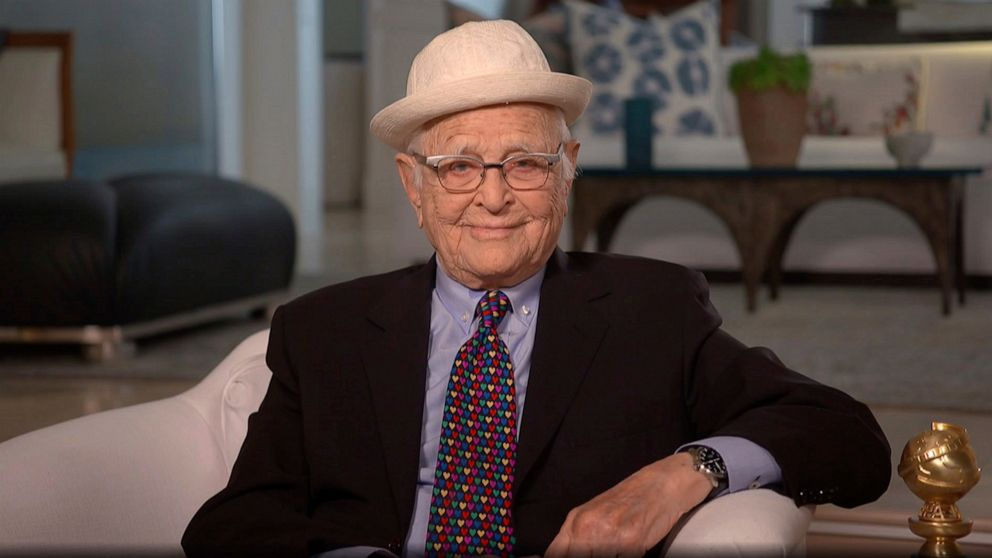 Who is Norman Lear: Biography, Career, Paths to Golden Globe Who is Norman Lear: Biography, Career, Paths to Golden Globe Norman Lear - one of the most famous and well-loved American producer, writer, and director who created legendary sitcoms of all time. Let's talk about ... |
 Who is Billie Eilish: Facts, Age, Parents, Lover, Songs, Biography and Latest Personal Life Who is Billie Eilish: Facts, Age, Parents, Lover, Songs, Biography and Latest Personal Life Who is Billie Eilish: Facts, Age, Parents, Love Story, Boyfriends, Songs, Awards, Biography, Latest Personal Life and Everything to Know. |

